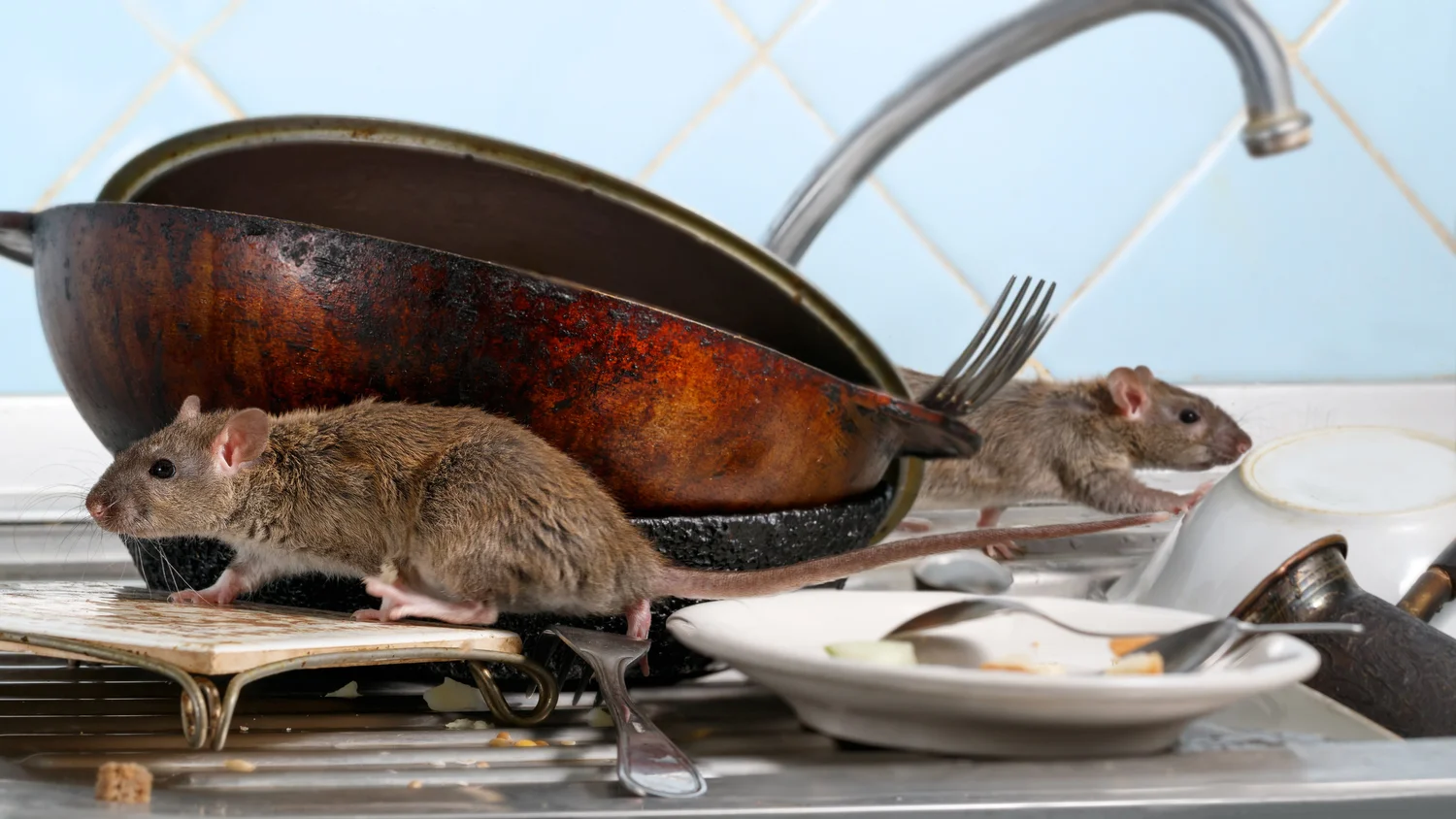Every year, countless homeowners find themselves battling unwanted critters that invade their personal space. Whether it's ants marching in line through the kitchen or rodents seeking shelter in the attic, pests can be more than just a nuisancethey can pose serious threats to your health and property. If you've ever wondered about the most effective ways to keep these unwelcome guests at bay, then these home pest prevention tips are precisely what you need. Our focus today is on arming you with knowledge and tools to safeguard your home sweet home.
Integrating pest prevention strategies into your routine is crucial. It's not just about keeping the creepy crawlies out; it's about creating an environment where pests dont even want to enter in the first place. This comprehensive guide will delve into practical methods, natural remedies, and top-rated solutions to maintain a pest-free household.

Identify Common Household Pests
Before you can protect your home, its vital to know the enemy. Common household pests vary by region but generally include ants, cockroaches, rodents, spiders, and termites. Learning to identify these pests early can prevent a minor nuisance from becoming a major problem.
A good place to start is by checking out guides such as those available at Family Handyman which provides comprehensive overviews of common pests and tailored solutions to deal with them.
Seal Entry Points
The first and most important step in pest prevention is denying them entry. Inspect your home for cracks, gaps, and holes where pests could enter and seal them with caulk, steel wool, or other appropriate materials. Pay special attention to areas around windows, doors, and the foundation.
For more guidance, you might want to explore tips on effectively sealing your home by visiting this useful resource.
Maintain Cleanliness
Pests are attracted to food and clutter. Keeping your home clean, especially areas where you eat and prepare food, is critical. Ensure that all food items are stored in airtight containers and that crumbs and spills are promptly cleaned.
Kitchen Tips
Since the kitchen is a common target for pests, regular deep cleaning of appliances, counters, and the pantry is essential. Dispose of garbage regularly and clean trash bins with disinfectant.
Decluttering
Piles of magazines, newspapers, and other clutter can provide a perfect hideout for pests. Regularly declutter your home and recycle or discard items that you no longer need.
Utilize Natural Remedies
If youre wary of chemicals, numerous natural remedies can be effective against pests. Essential oils like peppermint and tea tree oil are great deterrents. Boil water with cayenne pepper, garlic, and onion to create a natural pesticide that can be sprayed in trouble areas.
Navigating through natural pest prevention can be enlightening and fun. If this interests you, check out these natural pest prevention methods.
Enlist Professional Help
If your pest problems persist despite your best efforts, it may be time to enlist professional help. Trained exterminators can offer treatments and advice to help you reclaim your home from pests.

FAQ Section
1. How often should I inspect my home for pests?
Regular inspections every three months are advisable to catch any potential pest issues early.
2. Are natural pest prevention methods effective?
Yes, many natural methods, such as essential oils and natural sprays, can be effective, though consistency is key.
3. Can pests cause serious damage to my property?
Absolutely, pests like termites and rodents can cause significant structural damage and should be dealt with promptly.
For further reading on homemade solutions, explore the DIY pest control insights found at My Pest Pro.
This article contains affiliate links. We may earn a commission at no extra cost to you.
